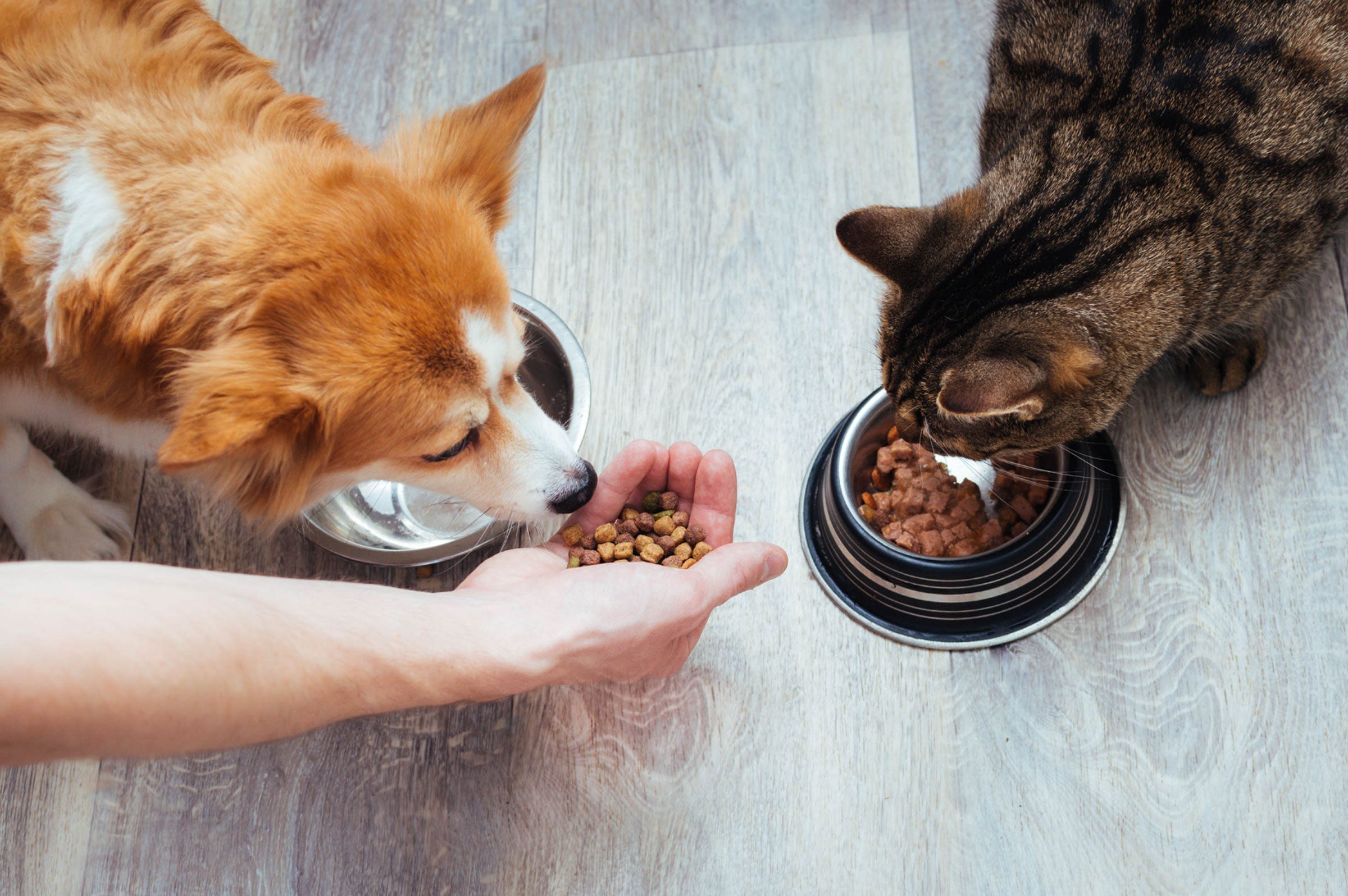A pet's weight is a key indicator of their overall health and can impact their happiness and longevity. In this article, we will explore ten simple yet effective strategies to ensure your beloved pet stays in tip-top shape. So, let's embark on this journey towards a balanced and healthy lifestyle for your furry companion.
1. Understand Your Pet's Dietary Needs
Every pet is unique, and so are their nutritional requirements. It's crucial to understand what type of diet is suitable for your pet's age, breed, and activity level. Consult with your veterinarian to determine an appropriate feeding plan that includes all the necessary nutrients without excess calories. High-quality food, like those offered at Pet Wellness Direct, can make a significant difference in managing your pet's weight.
2. Measure Meals and Control Portions
Overfeeding is a common mistake among pet owners. To avoid this, always measure your pet's food using a standard measuring cup and follow the feeding guidelines provided by the food manufacturer. Consider splitting your pet's daily intake into two meals instead of one large one to help control hunger throughout the day.
3. Limit Treats and Snacks
Treats should only comprise a small percentage of your pet's overall caloric intake. When rewarding your pet, opt for healthy, low-calorie treats or pieces of vegetables like carrots. Always research the vegetables you are feeding your furry friends, some things that are safe for us are not safe for them. Additionally, try using affection or playtime as a non-food reward.
4. Encourage Regular Exercise
Exercise is vital for maintaining a healthy weight. The ASPCA recommends regular physical activity tailored to your pet's breed and size. Activities can include walks, runs, or play sessions with toys that encourage movement.
5. Monitor Weight and Body Condition
Regularly weigh your pet and monitor their body condition score, a method used to determine if a pet is underweight, overweight, or at an ideal body weight. This will help you adjust their diet and exercise regimen as needed.
6. Vet Check-ups and Health Monitoring
Regular check-ups with your veterinarian are essential to monitor your pet's health and weight. Discuss any concerns you have, including changes in appetite or activity level, as these can be signs of underlying health issues.
7. Avoid Human Food
Feeding pets human food can lead to excess calorie intake and weight gain. Stick to pet-specific foods that are formulated to meet their unique dietary needs.
8. Be Consistent with Routines
Consistency in feeding and exercise routines helps pets maintain a stable metabolism. Set regular meal times and exercise schedules to keep your pet on track.
9. Educate the Whole Family
Ensure that everyone in the household understands the importance of maintaining the pet's diet and exercise regimen. This will prevent overfeeding or giving extra treats without realizing it.
10. Invest in Quality Nutrition
High-quality, balanced nutrition is the cornerstone of weight management. Choose products from reputable companies like Pet Wellness Direct, which provides veterinarian formulated wellness products and food made in the USA.
In conclusion, maintaining a healthy weight for your pet is a multifaceted approach that requires attention to diet, exercise, and overall lifestyle. By following these ten expert tips, you can ensure your pet enjoys a long, healthy, and joyful life. Remember, a fit pet is a happy pet!











